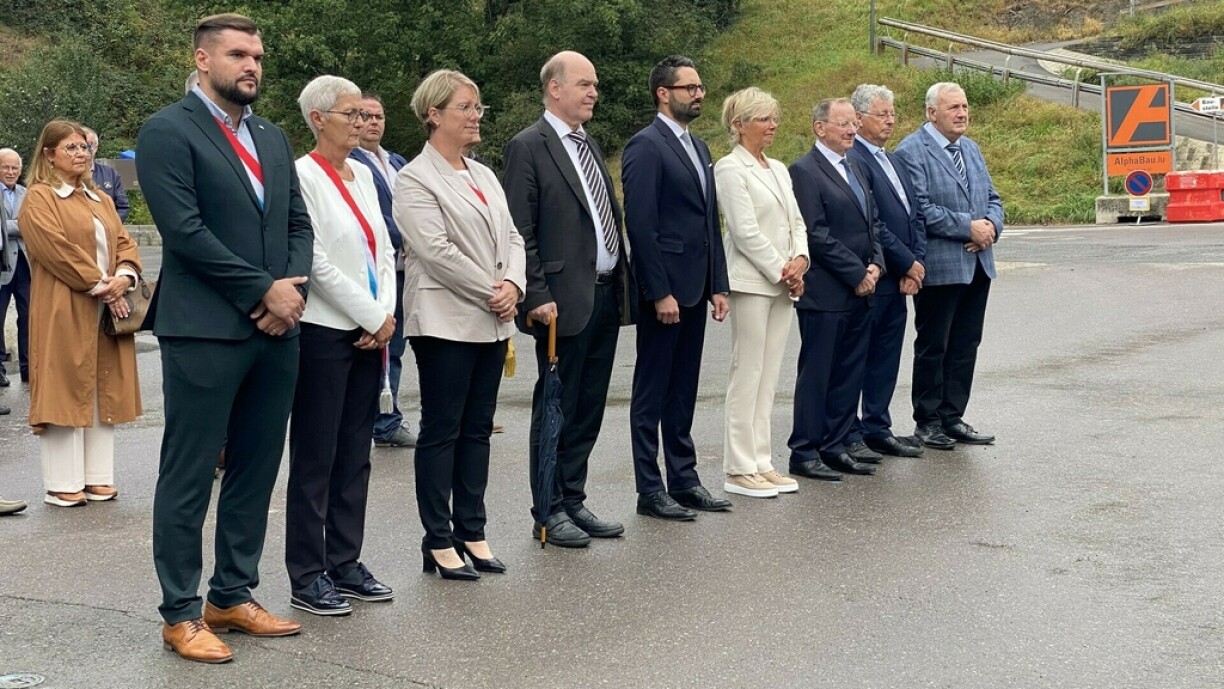
Young Luxembourgers were forced into military service during the Second World War, recruited against their will to fight for the German occupier – and against their own allies.
For the people of Luxembourg, this was intolerable. Their response was a general strike, launched in the leather factory of Wiltz and soon spreading across the country. Yesterday, Sunday 31 August, marked exactly 83 years since those events. The Nazi occupiers responded with brutal force, executing 21 people.
At 11.05am, wreaths of flowers were laid in front of the former IDEAL leather factory in Wiltz to honour the victims. The strike began here, and historians stress its historic importance as proof that even a small nation could rise up for its independence. Historian Luca Wiltgen explained that the commemoration is not merely a wreath-laying ceremony but also a reminder and a warning: it highlights each year the dangers of abandoning democratic principles and allowing oneself to be seduced by fascist politics.
The Nazis had not anticipated resistance following Gauleiter Simon’s announcement of forced conscription. They retaliated with violence. Just before midnight, Heinrich Himmler ordered a state of emergency in Luxembourg. A special court was convened and 21 participants in the strike were sentenced to death, including six from Wiltz.
Speaking shortly after noon in front of the national strike monument, Deputy Speaker of Parliament Fernand Etgen emphasised that the sacrifices made were not in vain. He underlined that the strike gave the nation renewed hope and laid the foundation for the free and democratic Luxembourg that exists today.
Wiltz mayor Carole Weigel reminded those gathered that, although the Second World War ended more than 80 years ago, wars and conflicts still rage in the world. She pointed to the suffering in Ukraine as a tragic example, stressing that civilians and children continue to endure horrors very similar to those faced by Luxembourgers at that time. In essence, she noted, war still causes the same devastation, and one cannot simply assume that such tragedies will never happen again.
The ceremony in Wiltz served as a bridge between past and future, underscoring the importance of never forgetting what took place 83 years ago.